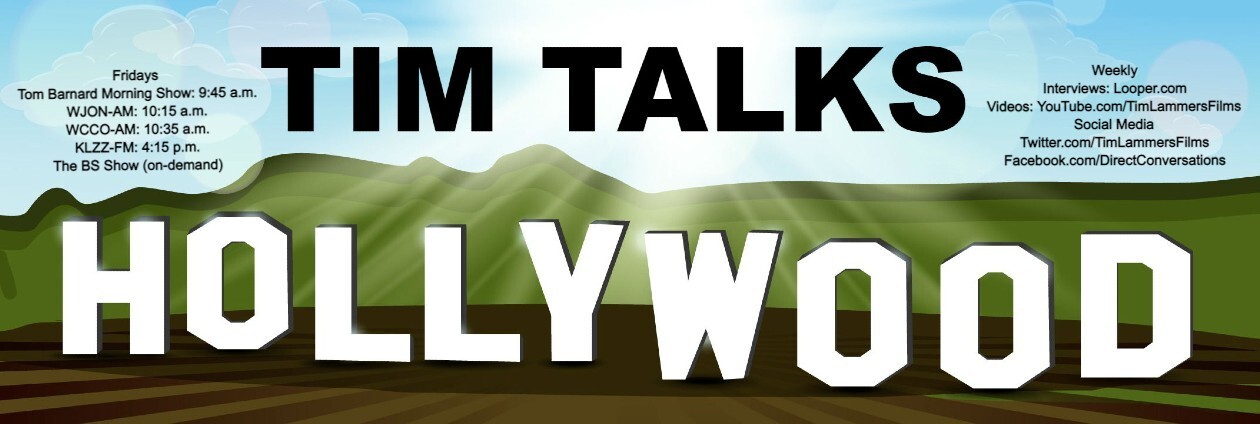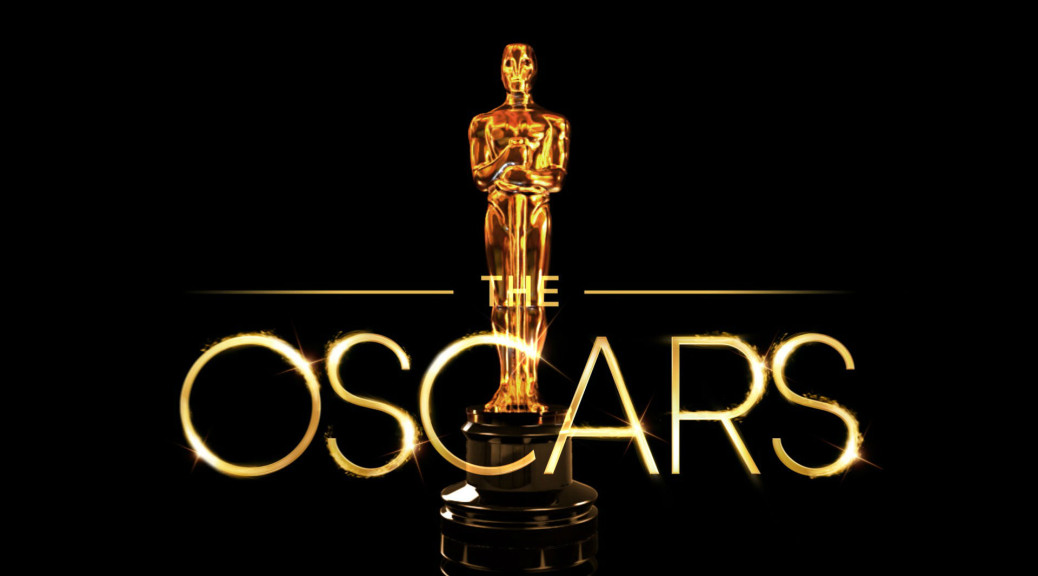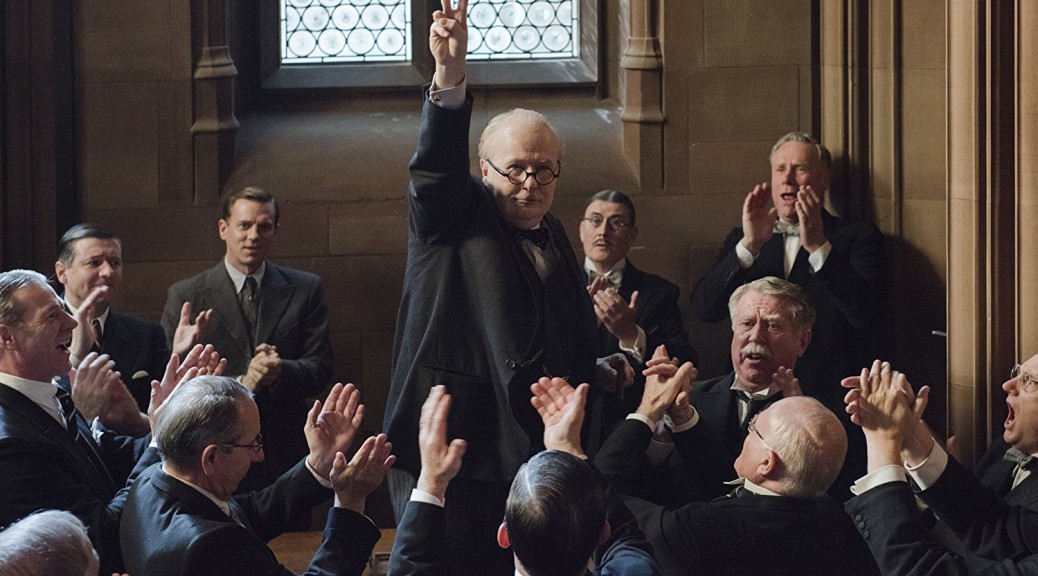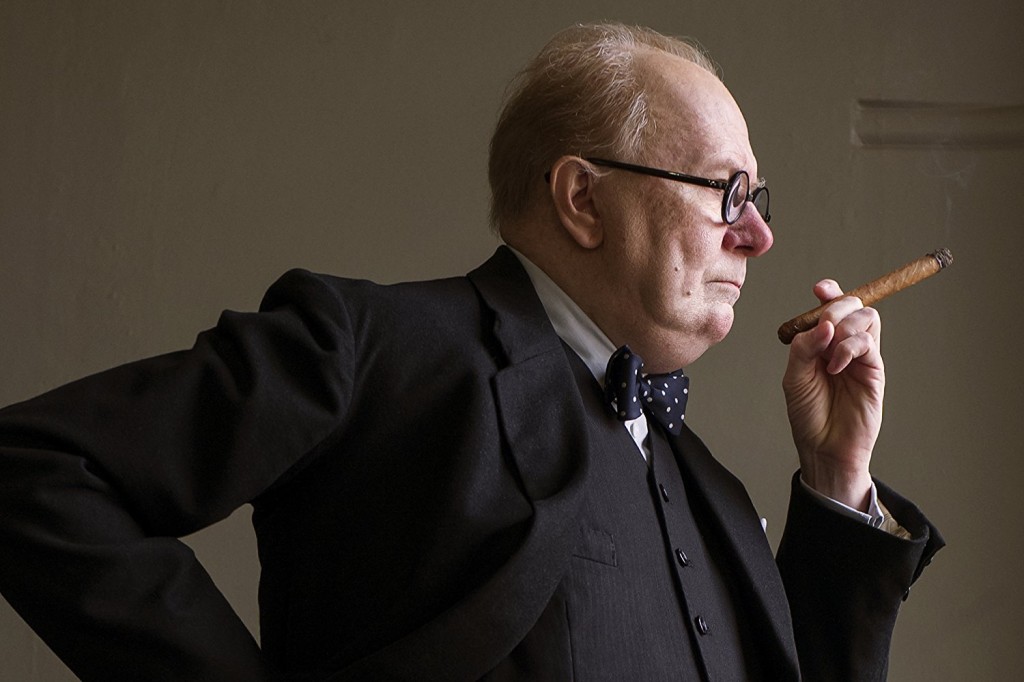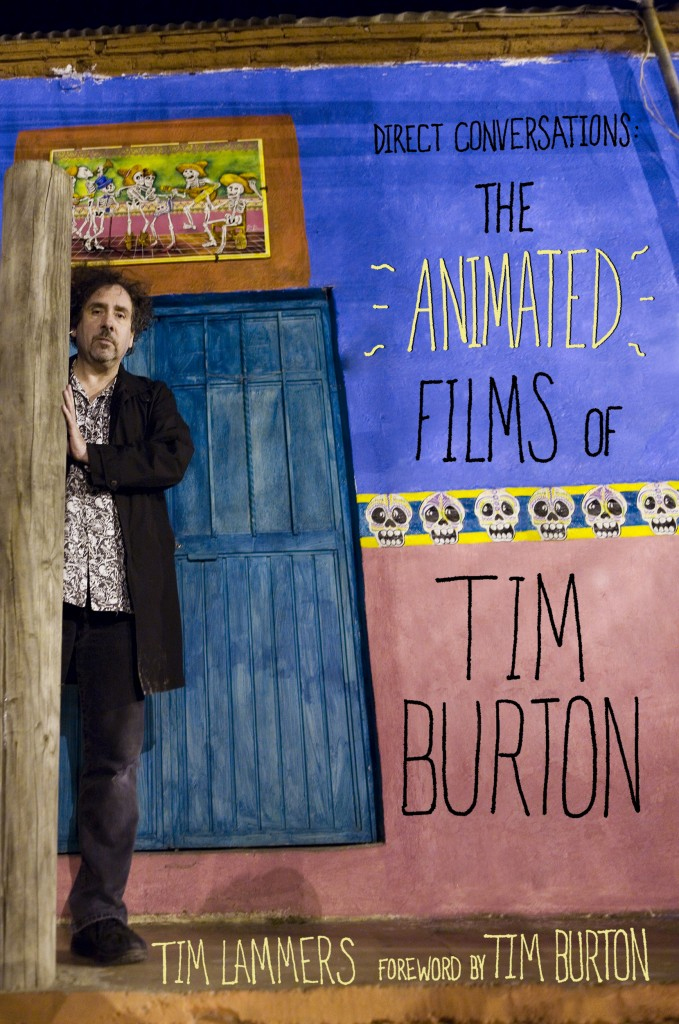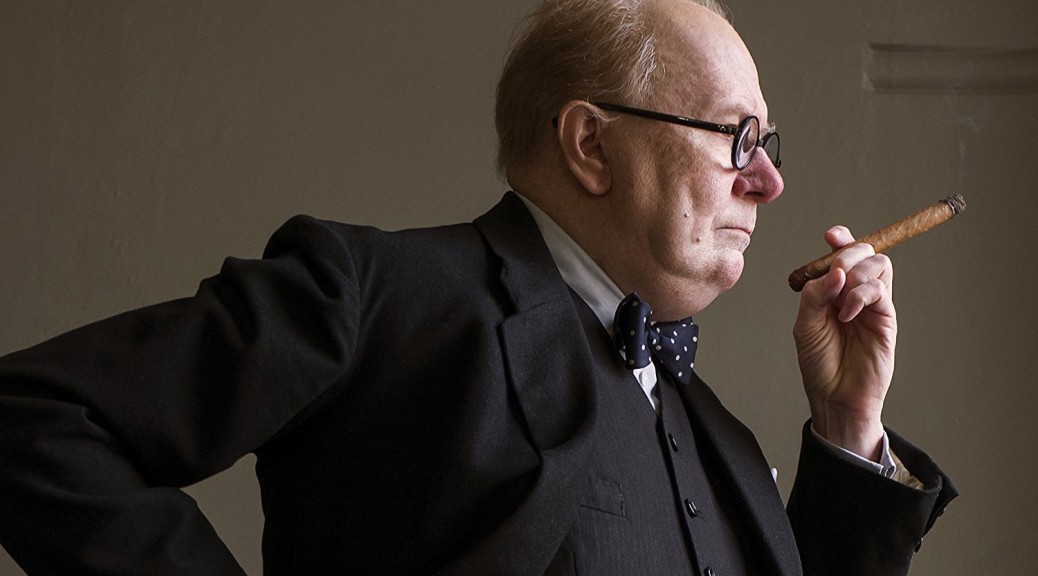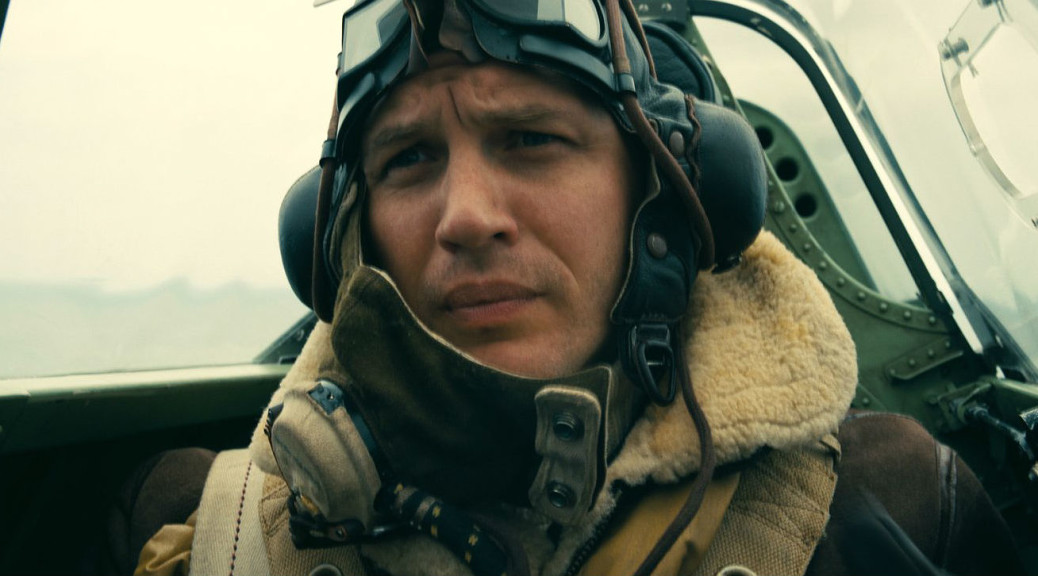The 90th annual Academy Awards ceremony is Sunday, and you can bet some people will be solely tuning in to see if there will be a screw-up as monumental as last year’s Best Picture envelope fiasco. That’s unlikely, but with any luck, host Jimmy Kimmel will have fun with the faux pas all night long. The show simply needs something out of the ordinary, because with the predictability of this year’s nominations, the show, barring a couple of potential upsets, is shaping up to be another 3 1/2-hour Academy borefest.
Despite the formulas pundits put into play to make their picks, predicting the winners of the Oscars doesn’t take much homework. Basically, ignore the awards handed out by the critics and the Hollywood Foreign Press Association (the members of which hand out the Global Globes), because journalists don’t vote on the Oscars. Instead, the trends lie with industry awards – the Producers Guild of America, the Director’s Guild of America, the Screen Actors Guild and the British Academy of Film and Television Awards – because some, but not all, are voting members of the Academy of Motion Picture Arts & Sciences.
With that, making this year’s picks quickly fell into place. Here are my predictions and some potential upsets.
Best Supporting Actor nominees: Willem Dafoe, “The Florida Project”; Woody Harrelson, “Three Billboards Outside Ebbing, Missouri”; Richard Jenkins, “The Shape of Water”; Christopher Plummer, “All the Money in the World”; Sam Rockwell, “Three Billboards Outside Ebbing, Missouri”
Will win: Sam Rockwell, “Three Billboards Outside Ebbing, Missouri”
Possible upset: Willem Dafoe, “The Florida Project”
MORE: Hear Tim’s Oscar picks on KQRS-FM, WCCO-AM and “The BS Show with Bob Sansevere.”
Best Supporting Actress nominees: Mary J. Blige, “Mudbound”; Allison Janney, “I, Tonya”; Lesley Manville, “Phantom Thread”; Laurie Metcalf, “Lady Bird”; Octavia Spencer, “The Shape of Water”
Will win: Allison Janney
Possible upset: Laurie Metcalf, “Lady Bird”
Best Actor nominees: Timothée Chalamet, “Call Me by Your Name”; Daniel Day-Lewis, “Phantom Thread”; Daniel Kaluuya, “Get Out”; Gary Oldman, “Darkest Hour”; Denzel Washington, “Roman J. Israel, Esq.”
Will win: Gary Oldman, “Darkest Hour”
Possible upset: Not a chance. Oldman is due for what is easily the best performance of the year.
Best Actress nominees: Sally Hawkins, “The Shape of Water”; Frances McDormand, “Three Billboards Outside Ebbing, Missouri”; Margot Robbie, “I, Tonya”; Saoirse Ronan, “Lady Bird”; Meryl Streep, “The Post”
Will win: Frances McDormand, “Three Billboards Outside Ebbing, Missouri”
Possible upset: Sally Hawkins, “The Shape of Water”
Best Picture nominees:
“Call Me by Your Name”; “Darkest Hour”; “Dunkirk”; “Get Out”; “Lady Bird”; “Phantom Thread”; “The Post”; “The Shape of Water”; “Three Billboards Outside Ebbing, Missouri”
Will win: “The Shape of Water”
Possible upset: “Three Billboards Outside Ebbing, Missouri.” The recent claims that writer-director Guillermo del Toro lifting the story from the 1969 play “Let Me Hear You Whisper” (just in time for voting!) may come back to bite “The Shape of Water.” A harbinger of that will be if Christopher Nolan upsets del Toro for Best Director. Nolan winning wouldn’t be a huge shame. Nolan is way, way overdue and deserves the honor for the expert direction on “Dunkirk.”
Tim Lammers reviews movies weekly for The KQ92 Morning Show,” “KARE 11 News at 11” (NBC), WCCO Radio, “The Tom Barnard Podcast” and “The BS Show” with Bob Sansevere.
Copyright 2018 DirectConversations.com
